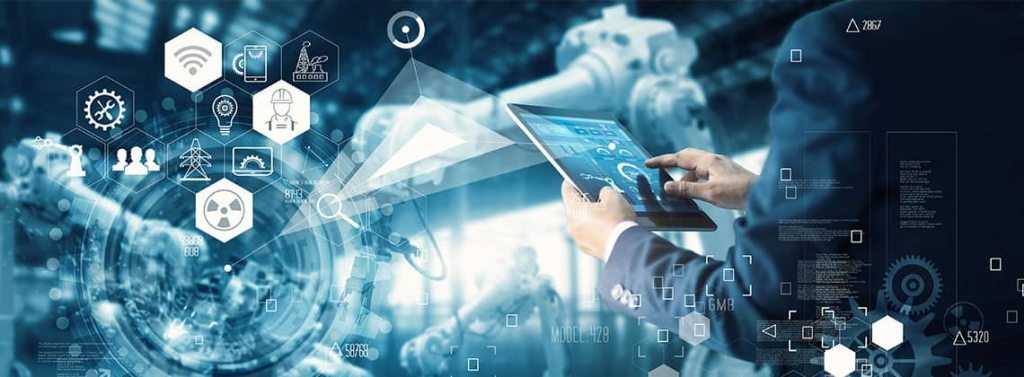Manufacturing has always been a vital part of the global economy. The advancements in technology have revolutionized the way goods are produced, and industrial automation has played a crucial role in this transformation. This blog aims to highlight the impact of industrial automation on global manufacturing and its future outlook.
Advantages of Industrial Automation:
Industrial automation has numerous benefits for the manufacturing industry. The most significant advantages include increased productivity and efficiency, improved quality and consistency, enhanced safety and ergonomics, and lower costs and increased profitability.
Increased productivity and efficiency are achieved through the use of automated machines, which can perform repetitive tasks faster and more accurately than humans. The use of automation also eliminates downtime, reduces waste, and increases production capacity, leading to increased efficiency.
Improved quality and consistency are the result of machines being able to perform tasks with higher accuracy and consistency, reducing the likelihood of human error. Automated machines also allow for real-time monitoring and control, enabling manufacturers to quickly identify and address any quality issues.
Enhanced safety and ergonomics are achieved through the automation of dangerous and repetitive tasks, reducing the risk of injury to workers. Automated machines also allow for a safer work environment, as they reduce the need for manual handling of heavy loads and dangerous machinery.
Lower costs and increased profitability are a direct result of the increased efficiency and productivity of industrial automation. Automated machines require less maintenance, reducing costs, and the increased production capacity and reduced waste lead to increased profitability.
Challenges in Implementing Industrial Automation:
Although industrial automation has many advantages, it is not without its challenges. The high initial investment required to implement automation is a significant barrier for many manufacturers. Additionally, there is a lack of skilled labor available to operate and maintain these machines, which can also pose a challenge. The integration of automated systems with existing systems can also be a difficult and time-consuming process. Finally, security and data privacy concerns are becoming increasingly important, and manufacturers must ensure that their automated systems are secure and that data privacy is protected.
Impact on Employment in Manufacturing:
The introduction of industrial automation has had a significant impact on employment in the manufacturing industry. Automation has resulted in job automation, as machines have taken over tasks previously performed by humans. However, the automation industry has also created new job opportunities, as workers are needed to operate and maintain these machines. It is also important to note that workers in the manufacturing industry will need to be re-skilled and trained to adapt to the changing job market. The impact of industrial automation on employment is a complex issue that will continue to evolve, and it is crucial to address the concerns of workers and ensure that their rights and collective bargaining are protected.
Future of Industrial Automation and Manufacturing:
The future of industrial automation and manufacturing looks bright, with new technologies emerging every day. The trend is moving towards the collaboration of humans and robots, with robots performing dangerous and repetitive tasks and humans performing tasks that require creativity and critical thinking. Sustainability and green manufacturing are also becoming increasingly important, and manufacturers must ensure that their automated systems are designed and operated with these considerations in mind. Global competition and innovation will continue to drive the manufacturing industry forward, and industrial automation will play a crucial role in this evolution.
In conclusion, industrial automation has had a profound impact on global manufacturing, bringing numerous benefits and challenges. The future of industrial automation and manufacturing is exciting, and it is crucial to understand its impact on employment, sustainability, and competition. The key to success will be the ability to adapt and embrace new technologies, while ensuring that workers' rights and the environment are protected
